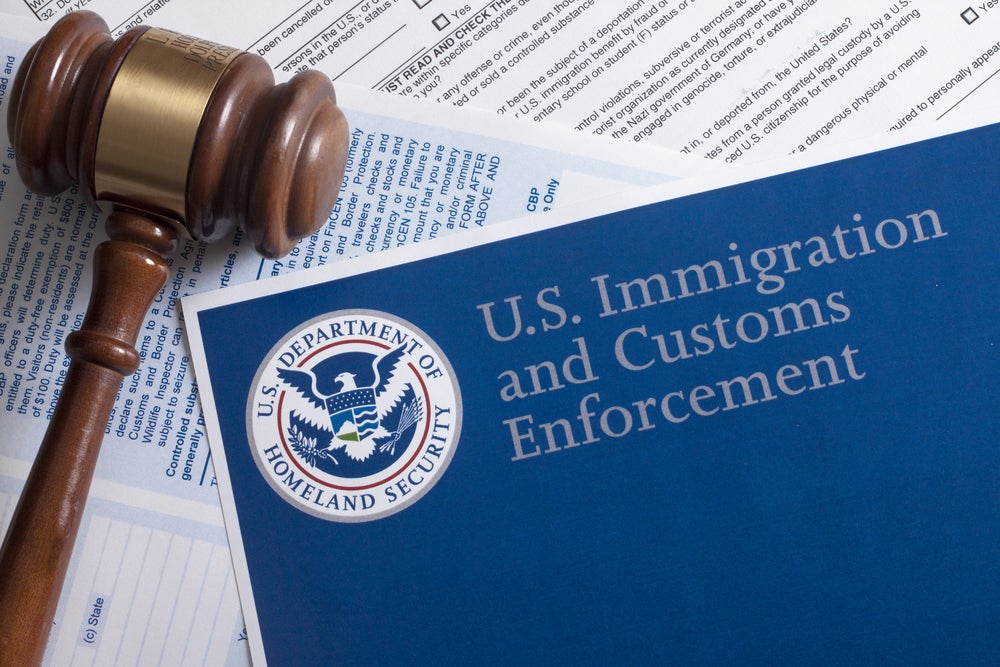
Representatives from the House Select Committee on the Strategic Competition Between the US and the Chinese Communist Party wrote to DHS Secretary Alejandro Mayorkas, urging the DHS to take “immediate action” to strengthen the UFLPA.
The letter states that several companies profiting from Uyghur forced labour are still yet to be added to the US’ UFLPA entity list.
The letter asks: “The UFLPA Entity List is meant to deter entities from using forced labour. Multiple groups are advocating for more companies to be added to the list, yet there are only 41 entities currently on the list. Why is CBP not more robustly using this enforcement tool, and what reforms might be necessary to improve the tool’s effectiveness?”
The representatives also allege there “has been a failure to fully prosecute or otherwise deter transhipment of forced labour goods through third countries”.
The letter also argues that companies increasingly use the di minimis provision to ship goods made via forced labour into the US.
The National Council of Textile Organizations has previously urged the DHS to step up its enforcement of the UFLPA and the de minimis loophole, claiming it is destroying US apparel manufacturing.
The letter says that more than one billion di minimis shipments arrived in the US in 2023, with nearly half originating from China. It adds that shipments from Shein and Temu account for nearly 30% of all packages shipped into the US daily under the di minimis provision.
The Committee’s chairman and ranking member Raja Krishnamoorthi and Congressman Mike Gallagher are calling on the DHS to take some steps to “aggressively step up” enforcement of potential UFLPA violations including:
- Adding companies outside of China that profit from forced Uyghur labour to the UFLPA entity list.
- Increasing testing of goods at ports of entry for potential UFLPA violations.
- Better publicising enforcement activities to deter others.
- Increased collaboration between DHS and other agencies to prosecute and assess penalties for UFLPA violations.
- Appoint an official to coordinate and lead UFLPA enforcement efforts.
- Assess the potential impact of altering de minimis eligibility for textile and apparel and other high-risk items.
In a statement, Krishnamoorthi and Gallagher said: “We believe that several factors seriously undermine the effective enforcement of the UFLPA. The first of these is that companies transfer forced labourers from the XUAR [Xinjiang] to other regions in the People’s Republic of China, complicating DHS enforcement of the presumptive ban on forced labour products from the XUAR.
“Thus, there is an urgent need to expand the UFLPA Entity List to include numerous companies and entities located outside the XUAR because of the affiliation to companies and entities in the region, particularly those involved in the seafood, gold, and critical minerals industries.”
They added: “A second factor undermining enforcement of the UFLPA is Beijing’s increased transshipment of forced labour products to the United States through third countries, including US free trade agreement partners. Without the deterrent effect of substantially increased levels of legal actions against trade crime perpetrators, companies will continue violating the UFLPA at will.”
The Committee has asked the DHS to respond to its letter by 1 March 2024 at the latest.



